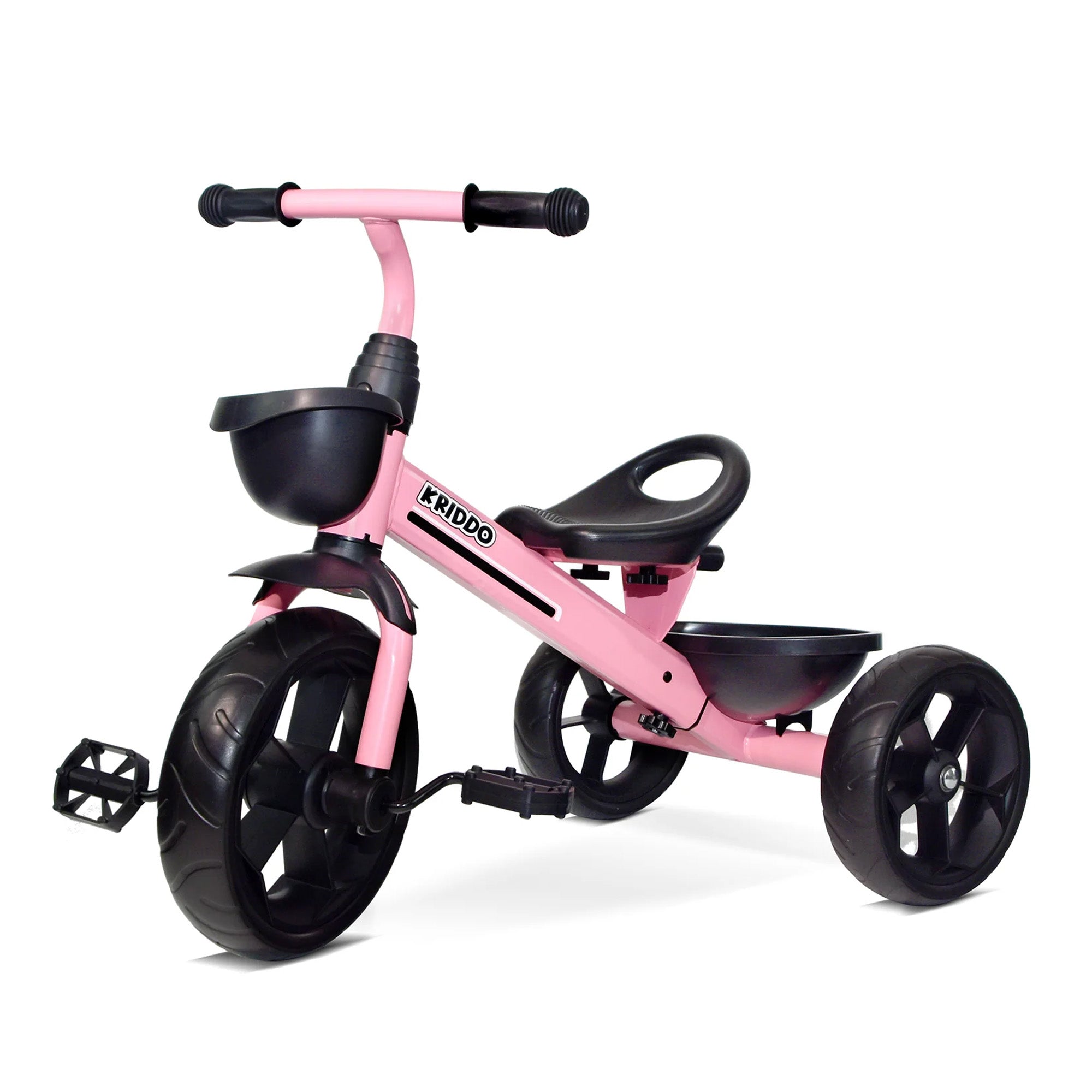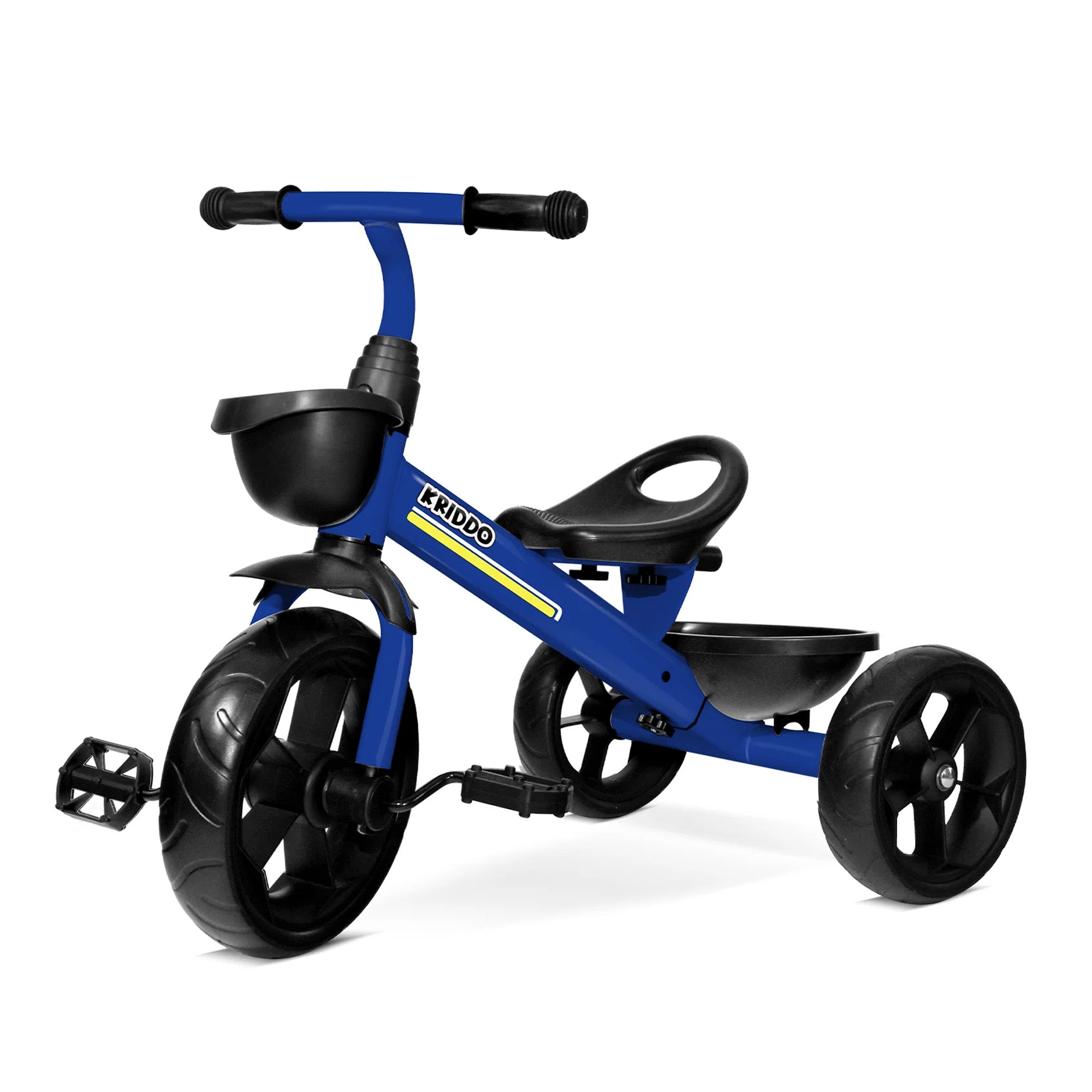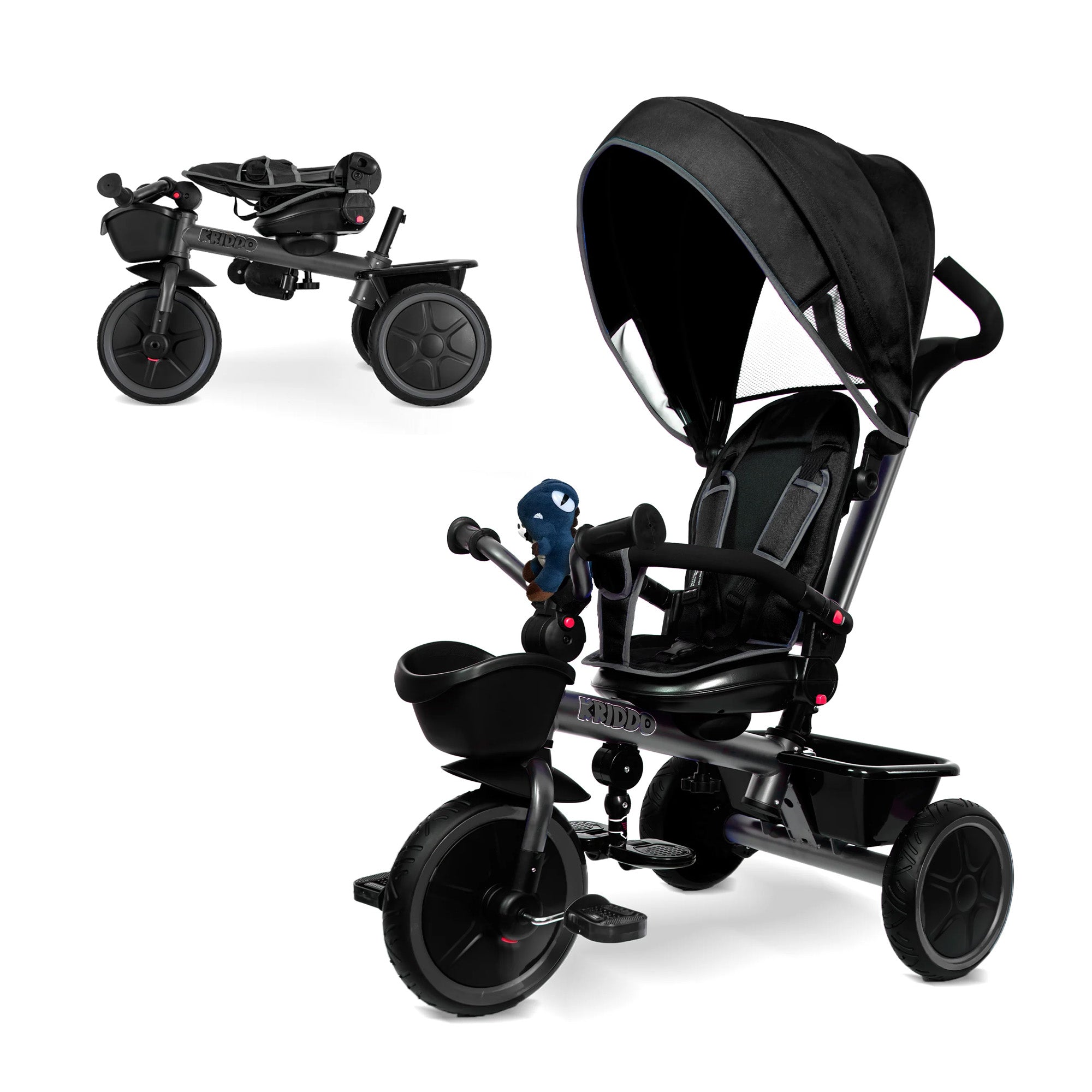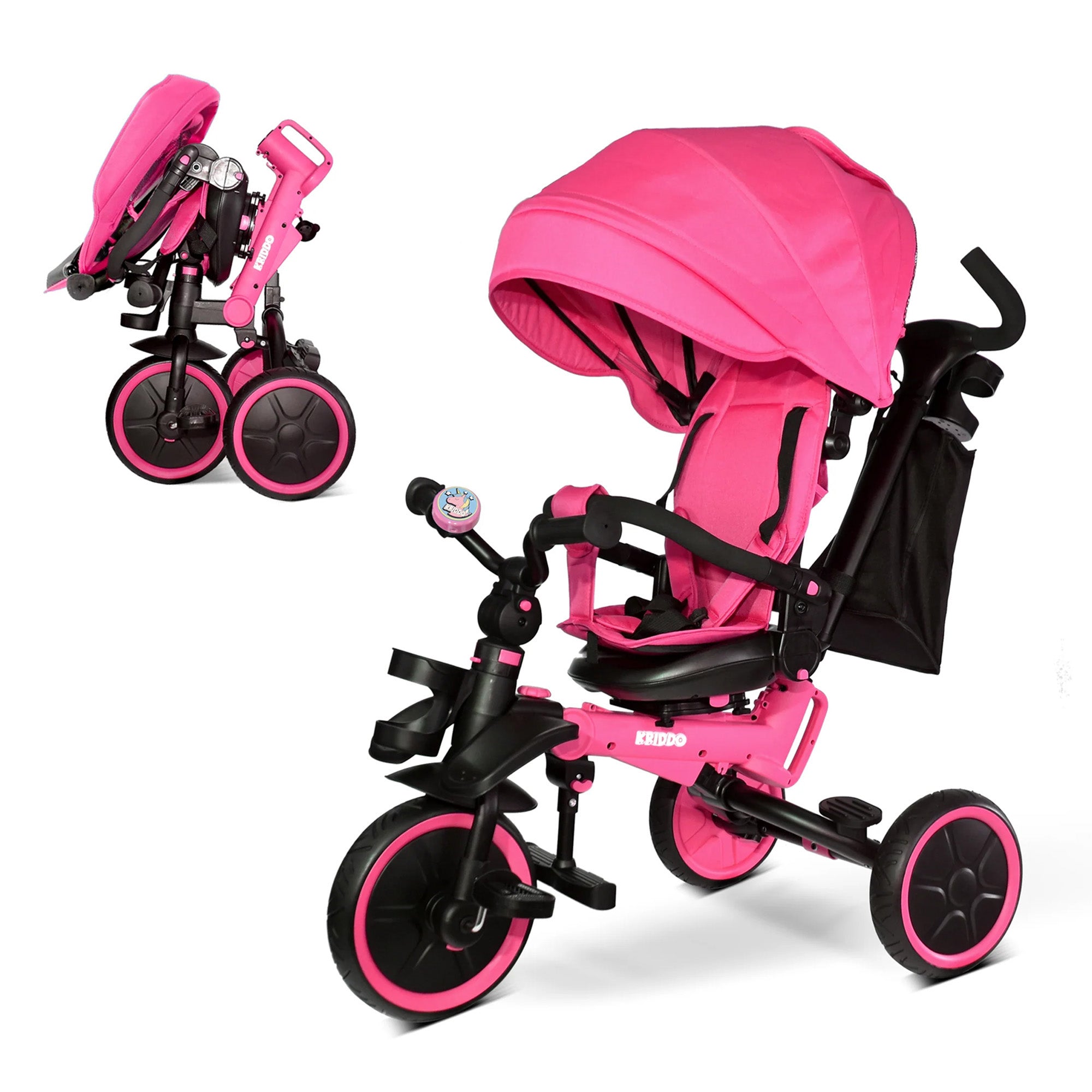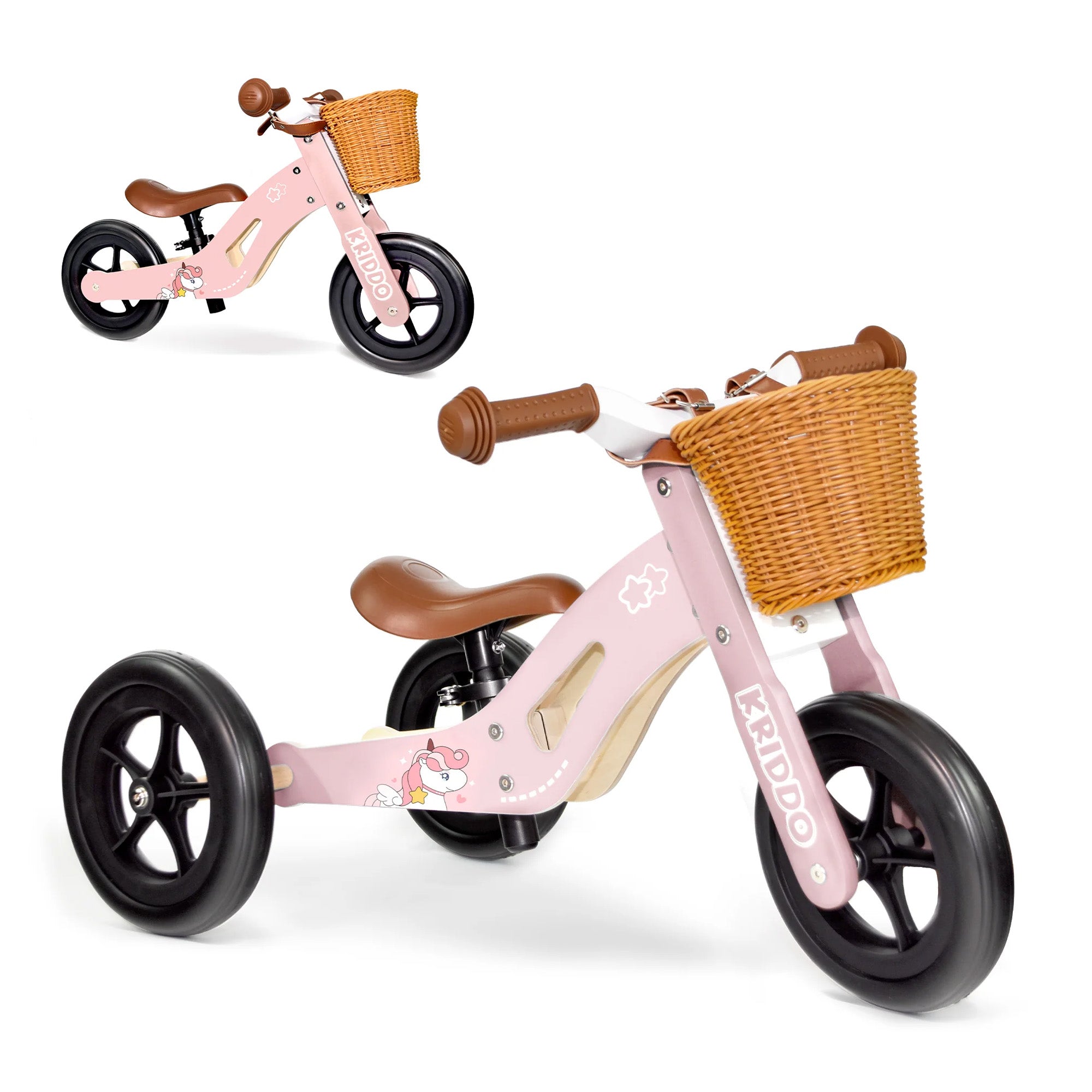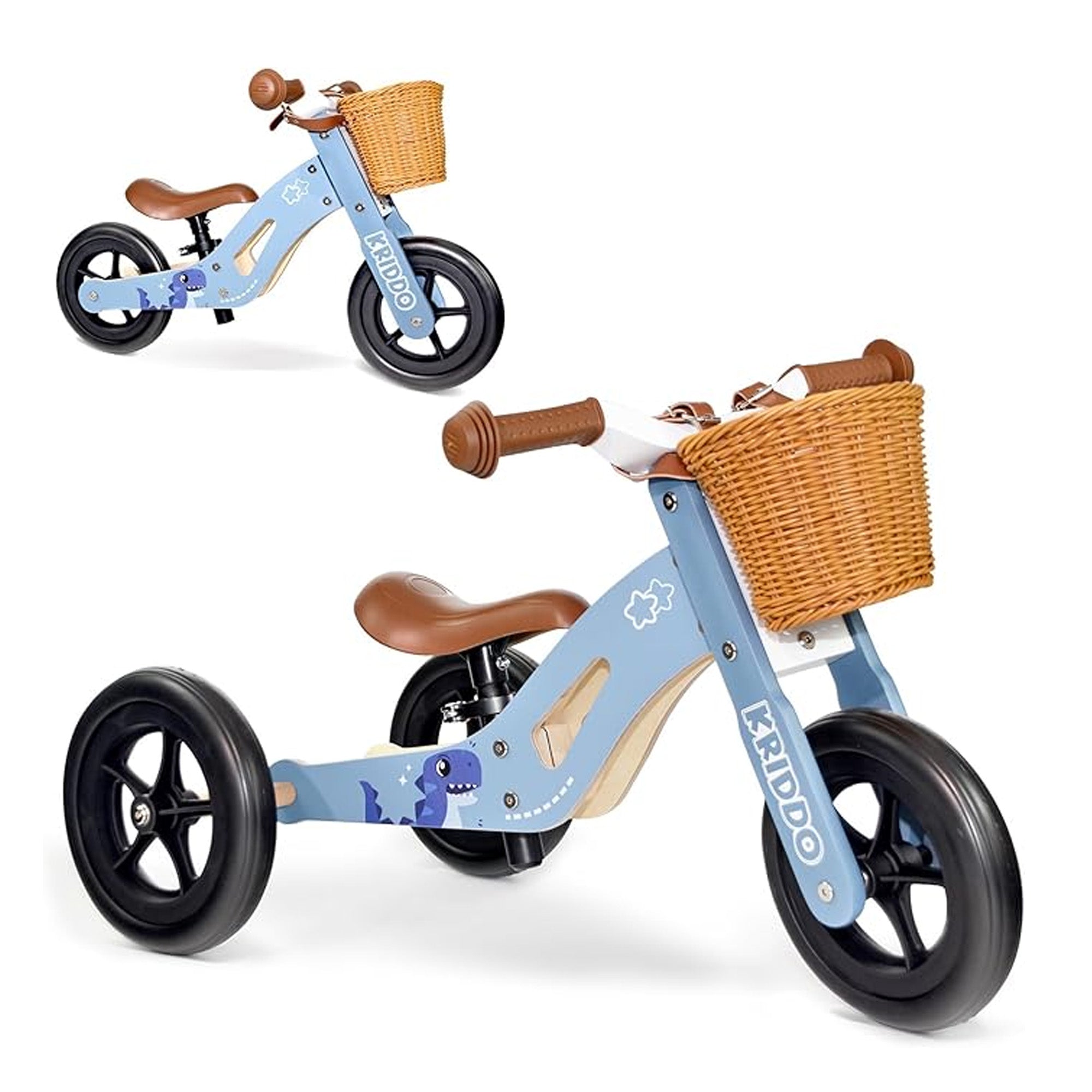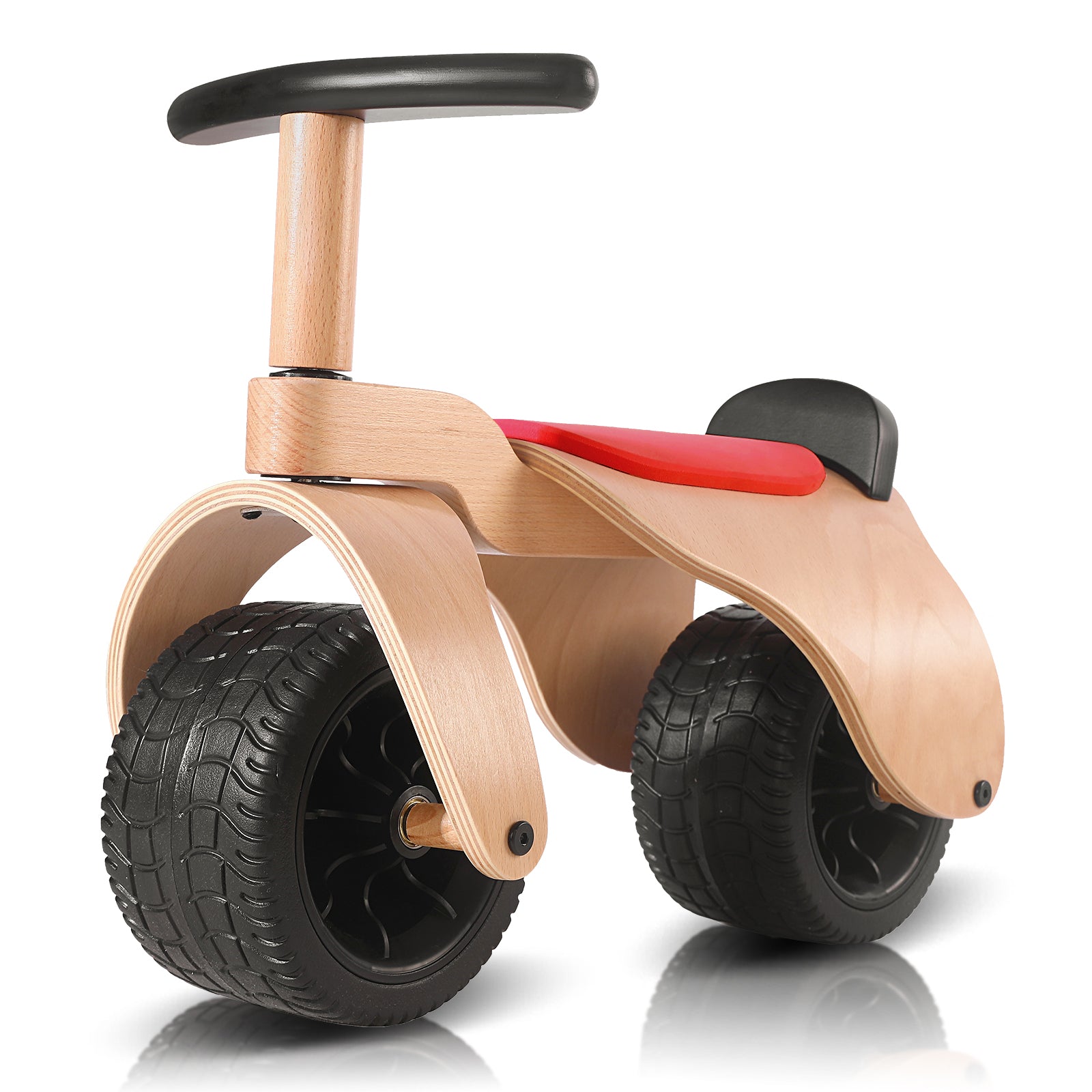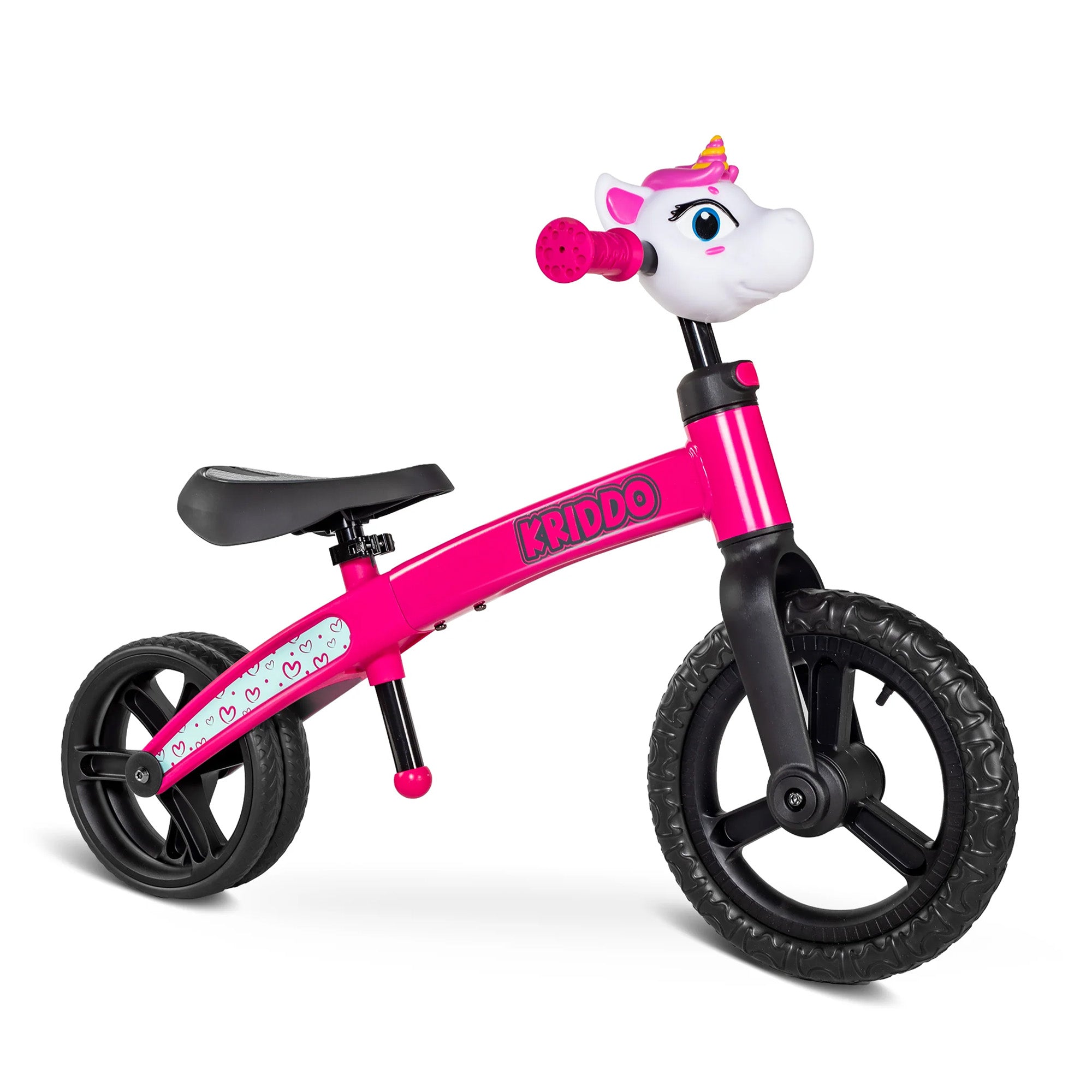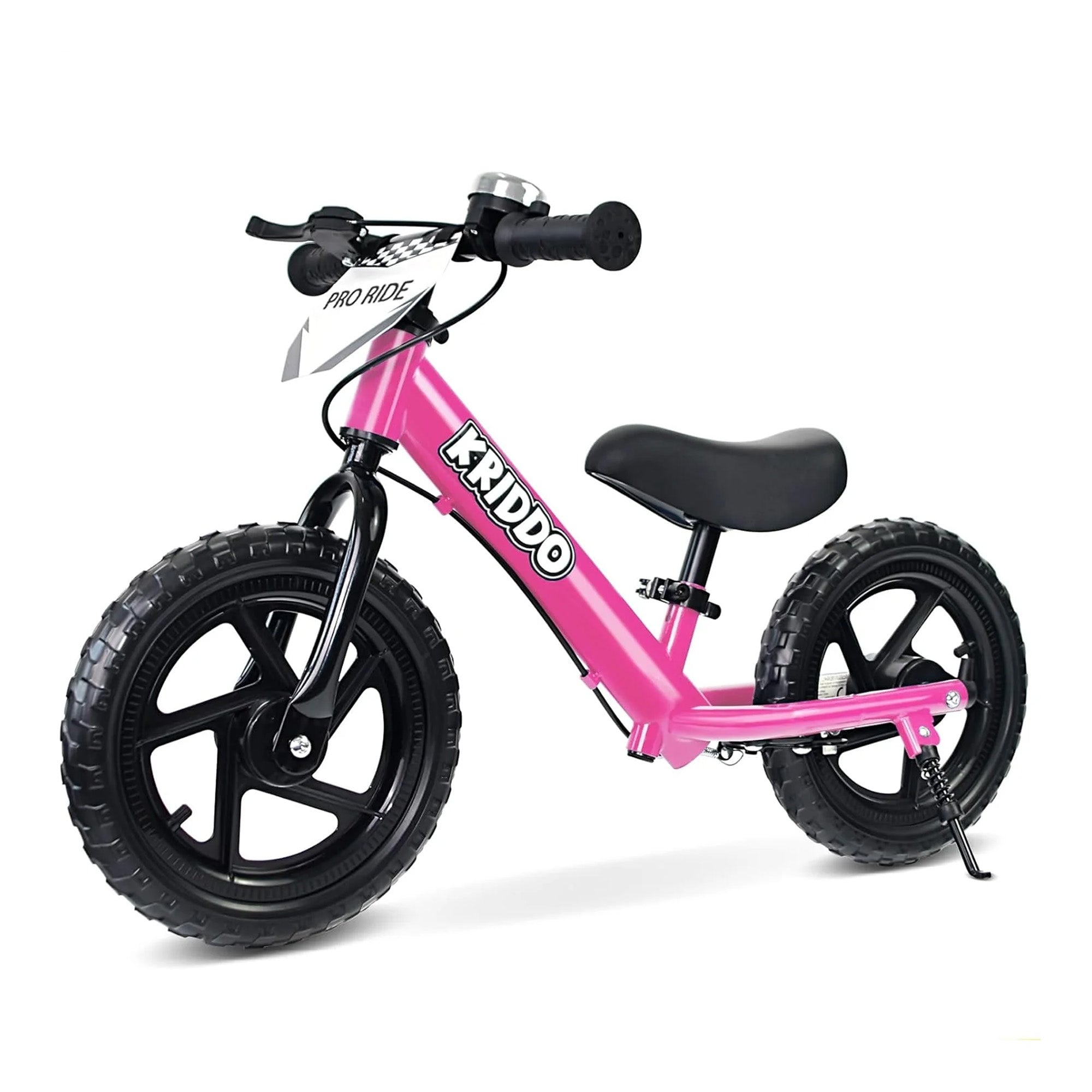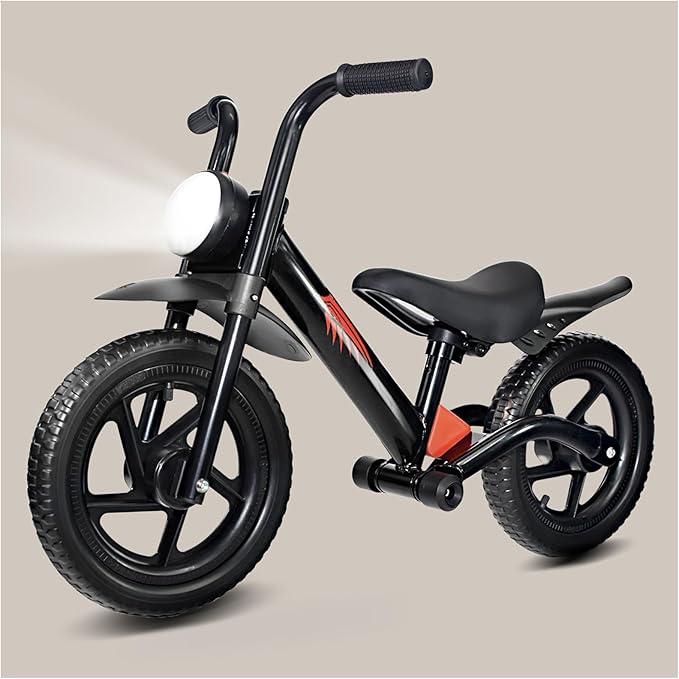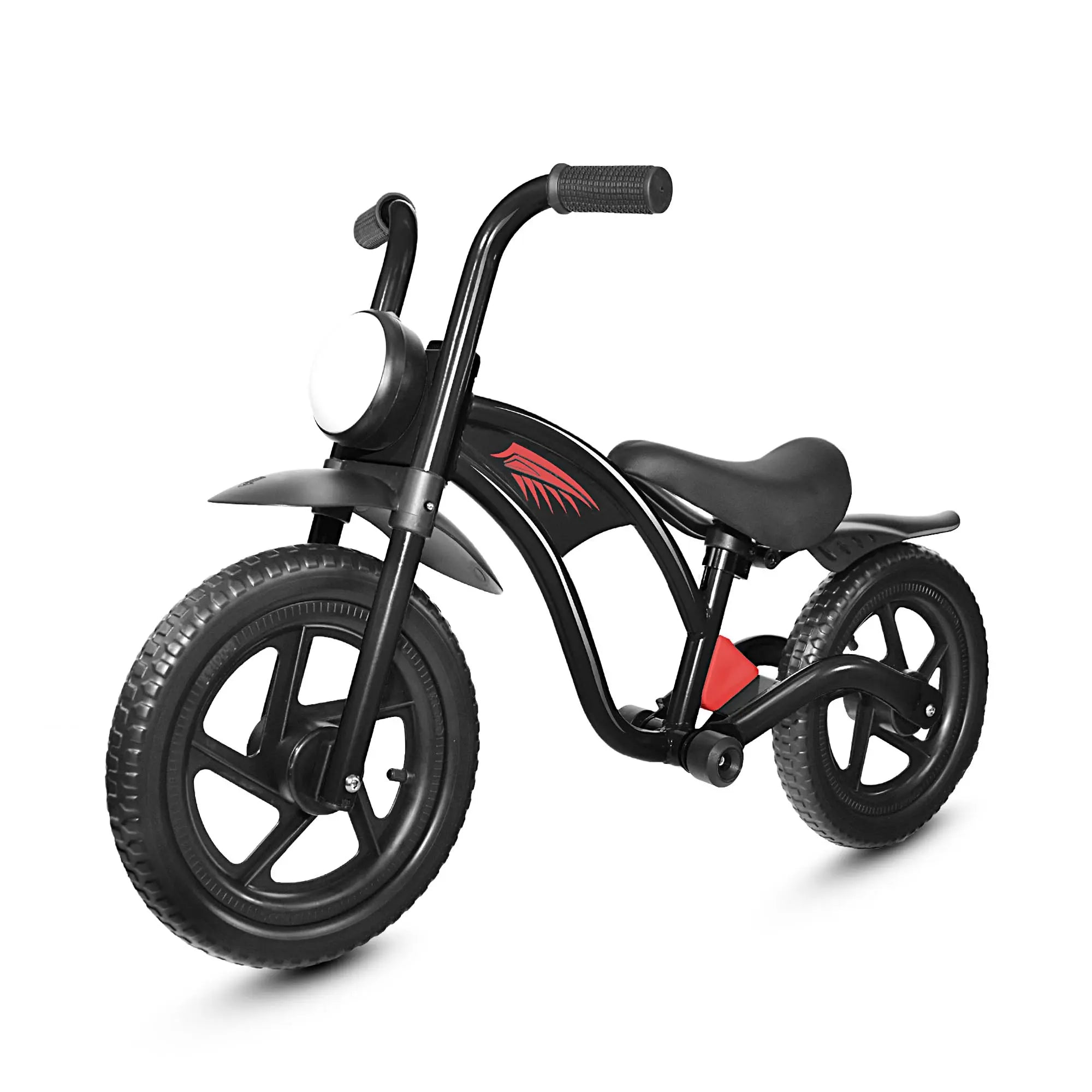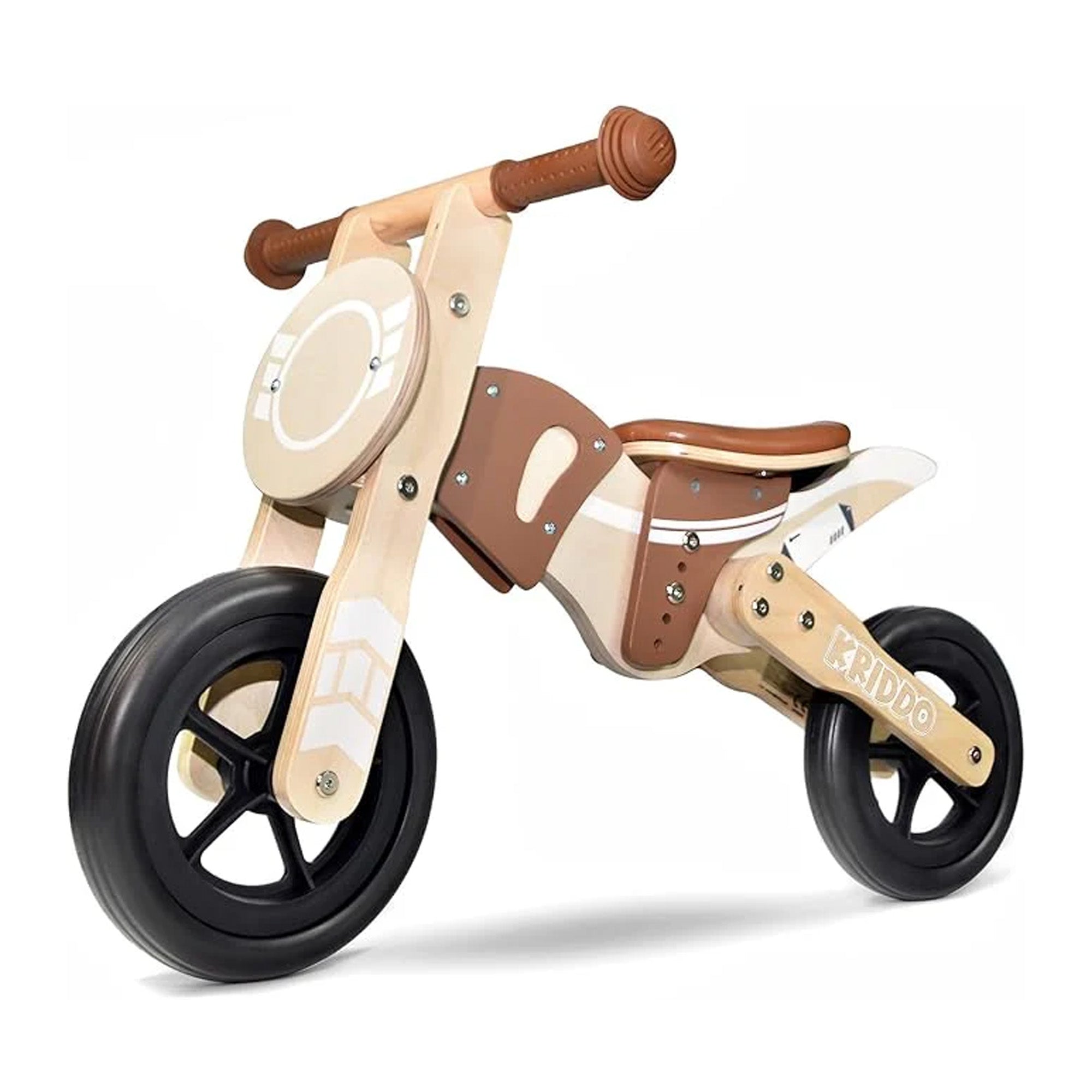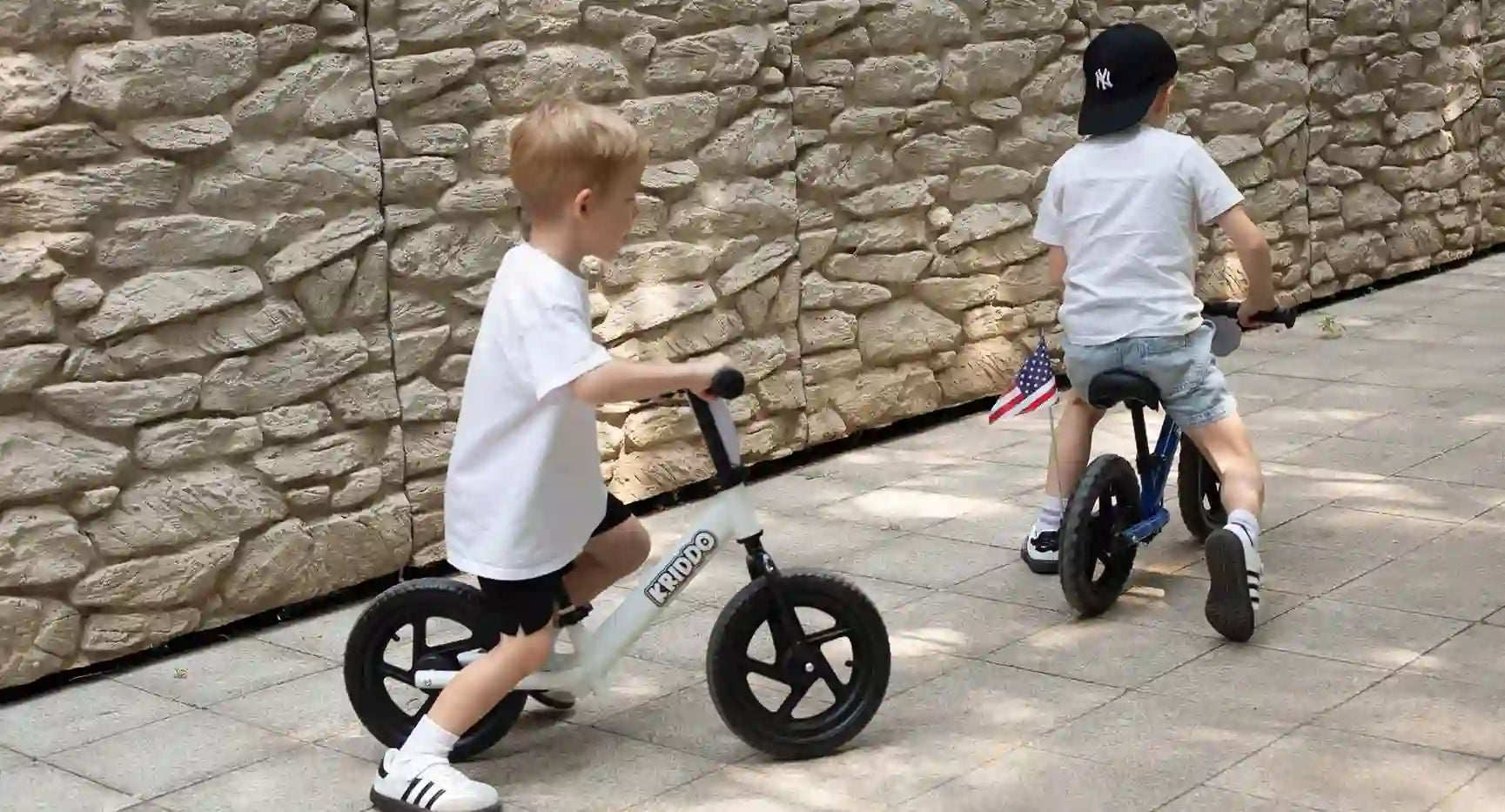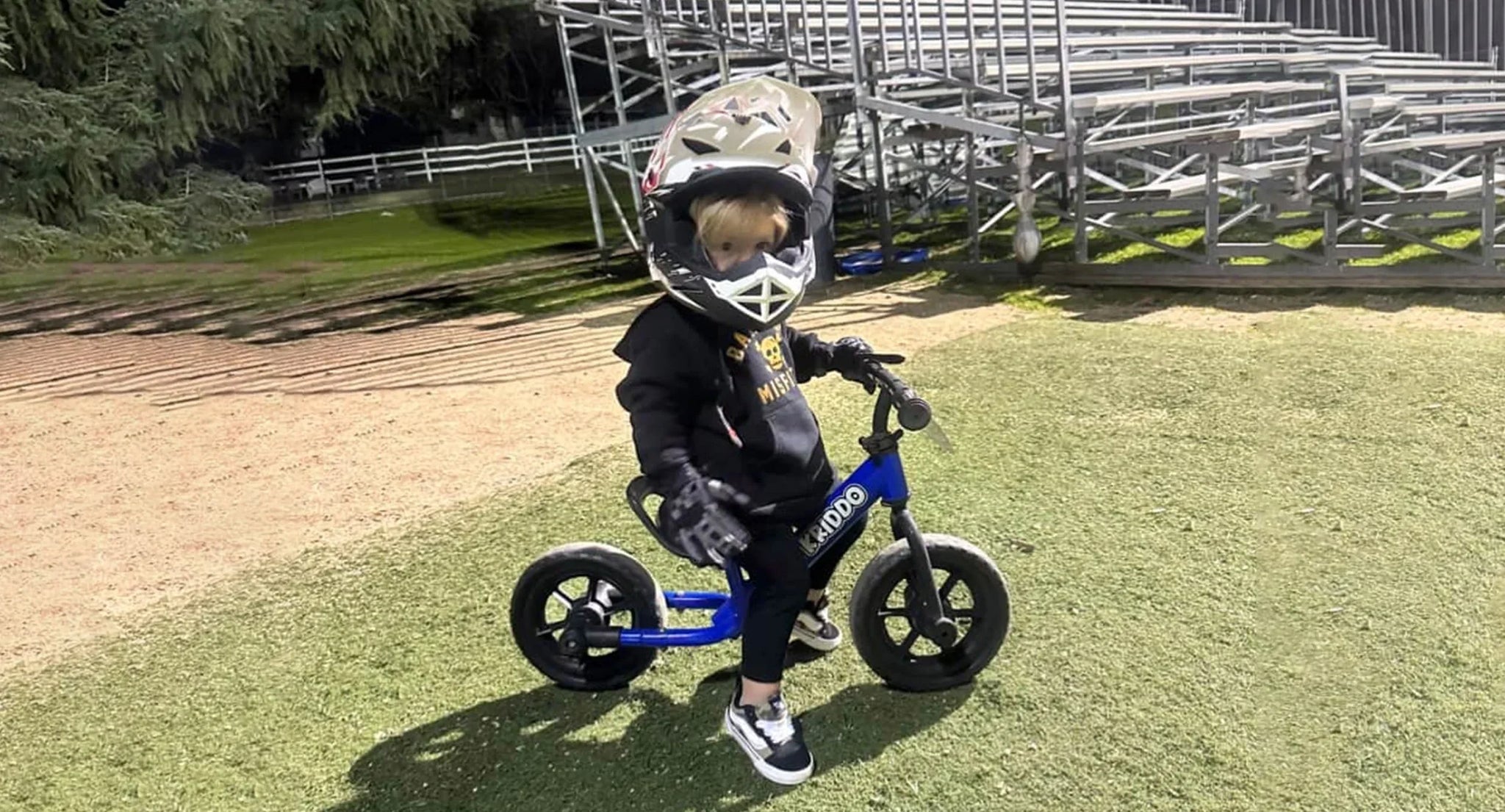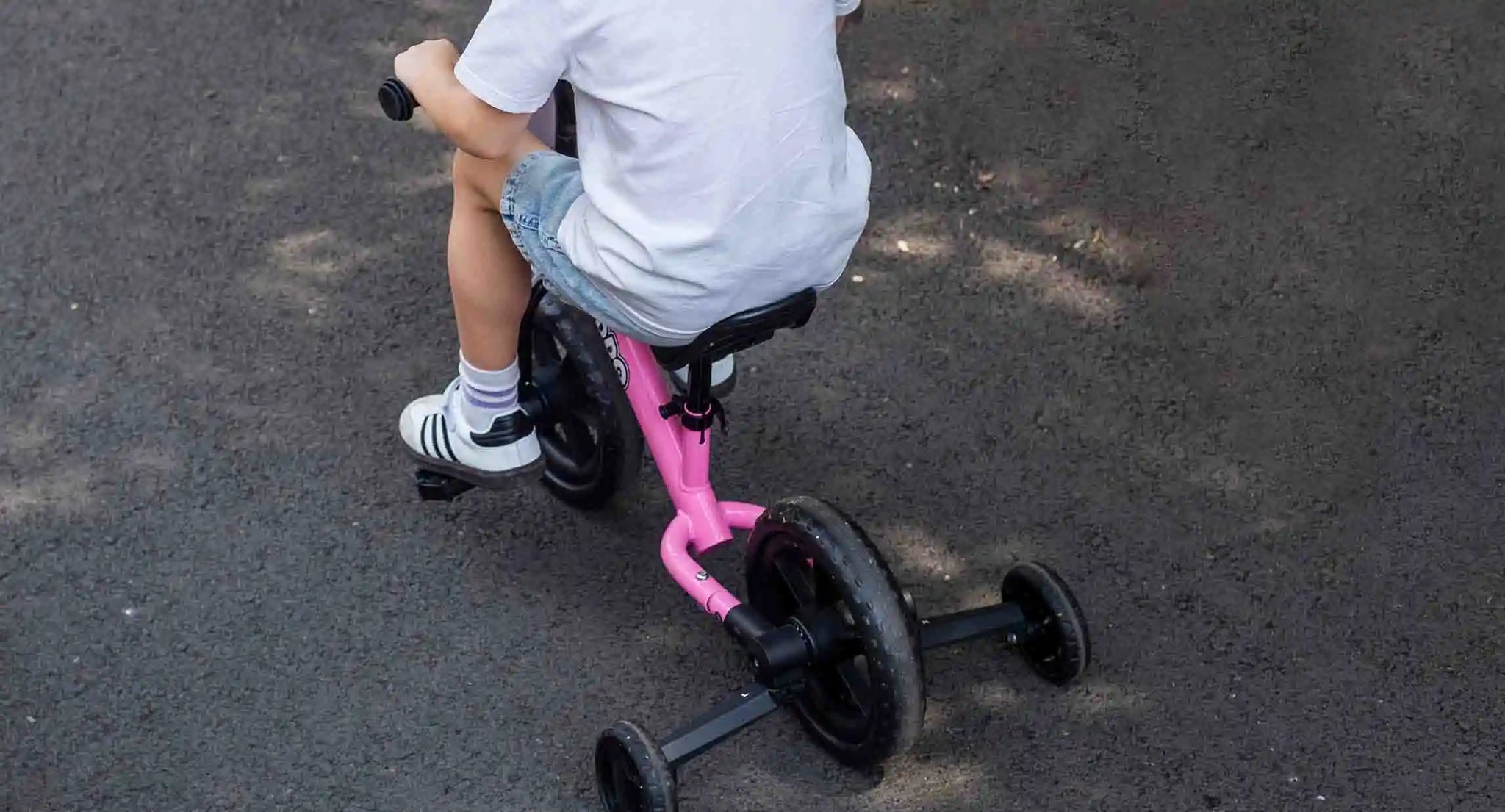Kids Independence:
How Parents Can Nurture a Child’s Independent Spirit
Lisa | 3rd, Oct
Every parent dreams of raising a confident, capable child who can one day stand tall on their own. And that’s exactly why kids independence matters so much. It’s not just about tying shoelaces or pouring a glass of water; it’s about giving children the foundation to become their true selves.
If education’s grand goal is “to nurture complete human growth,” then raising a child’s independent personality is the step that makes sure they become themselves. Independence isn’t a luxury in childhood—it’s the very condition for growth.
Why Independence Is Essential for Growth
Independence means self-care, problem-solving, independent thinking, and the ability to serve oneself. In the first year of life, babies rely entirely on adults. But by age one, tiny sparks of independence start to show. By three or four, children develop their own desires and ideas, eager to act under their own power.
This stage is precious. It shapes both ability and personality. To borrow a golden rule: “Never do for a child what he feels he can do for himself.”
Psychologist Erik Erikson highlighted this in his theory of psychosocial development. As explained in Erikson’s Theory of Psychosocial Development, between ages 3 and 5 children step into a crucial new stage of personality growth. The way a family responds determines whether a child clings to dependence—or learns to walk confidently toward independence.
So, what does an independent child look like?
- They handle their own tasks: making the bed, washing up, helping with chores.
- They think independently, forming their own opinions.
- They act without dragging their feet when something is right for them.
- They show initiative—curiosity to learn, eagerness to grow, and pride in trying.
Practical Ways to Foster Kids Independence
Parents often wonder: “How do I actually build my child’s independence?” The truth is, it’s less about grand lessons and more about consistent daily practice.
1. Do What They Want to Try
Kids are natural explorers. They want to test, practice, and innovate. Instead of shutting down attempts, encourage safe exploration. A gentle “Why not give it a try?” often works wonders.
2. Do What They Can Do
Even small tasks—buttoning a shirt, washing socks, or brushing teeth—are milestones of independence. The earlier children develop a habit of “I do it myself,” the stronger their confidence grows. If parents always step in, kids may slowly lose the courage to act alone.
3. Try What They Haven’t Done Before
Independence grows with “first times.” The first self-fed meal, the first solo sleep, the first attempt at washing a face. To adults, these seem tiny. To children, they’re life-shaping. Encourage with words like: “I believe in you. You can do it!” And when setbacks happen, respond with support, not replacement.
4. Keep Practicing What They Can Do
Independence isn’t built in a day. It’s a long-term habit. Once a skill is learned, encourage consistent practice until it becomes second nature. Repetition builds not only ability but also a sense of pride.
5. Celebrate Effort as Much as Results
Parents should learn to admire effort as much as outcome. Maybe your child folds the blanket unevenly. Applaud the attempt anyway. The value lies in persistence, not perfection. By recognizing effort, you teach children that growth comes from trying—even if the results are messy.
Mistakes Parents Should Avoid
Supporting kids independence doesn’t mean letting them fend for themselves without guidance. It means walking the line between encouragement and overprotection.
1. Love vs. Overindulgence
Independence grows best when rooted in love. But there’s a difference between love and spoiling. Love supports a child’s needs; indulgence satisfies a parent’s impulse. The latter stifles independence.
2. Rules vs. Too Many Rules
Rules matter. Without clear boundaries, children won’t know where their freedom begins and ends. Yet too many rules suffocate their space for independent choice. Balance is key: set clear expectations, but also respect their right to make decisions within those boundaries.
The Long-Term Value of Independence
So why does all this matter? Because kids independence today builds adult resilience tomorrow. Children who learn to solve problems, try new things, and take responsibility early are more likely to grow into adaptable, confident adults.
Think about it: the child who proudly dresses himself at age four is the same teen who approaches challenges head-on, and later, the adult who takes initiative at work or in relationships.
Independence doesn’t mean raising children to be alone. It means raising them to be strong enough to stand tall—while still knowing the value of connection.
Gentle Tips for Parents Walking This Journey
- Be patient: Don’t rush in at the first sign of struggle.
- Use words of trust: “I know you can.” These phrases become inner voices for your child.
- Celebrate small wins: Today it’s brushing teeth; tomorrow it’s solving bigger challenges.
- Model independence: Show how you manage your own tasks with confidence and care.
Final Thoughts
Helping children become independent isn’t about rushing them to grow up. It’s about patiently guiding them, letting them experiment, and offering encouragement along the way. Each time you allow your child to tie their own shoes, fill their own cup, or navigate a new challenge—they’re learning more than a task. They’re building confidence and a sense of “I can handle this.”
After all, isn’t that the most valuable gift we can offer?
Featured Products







